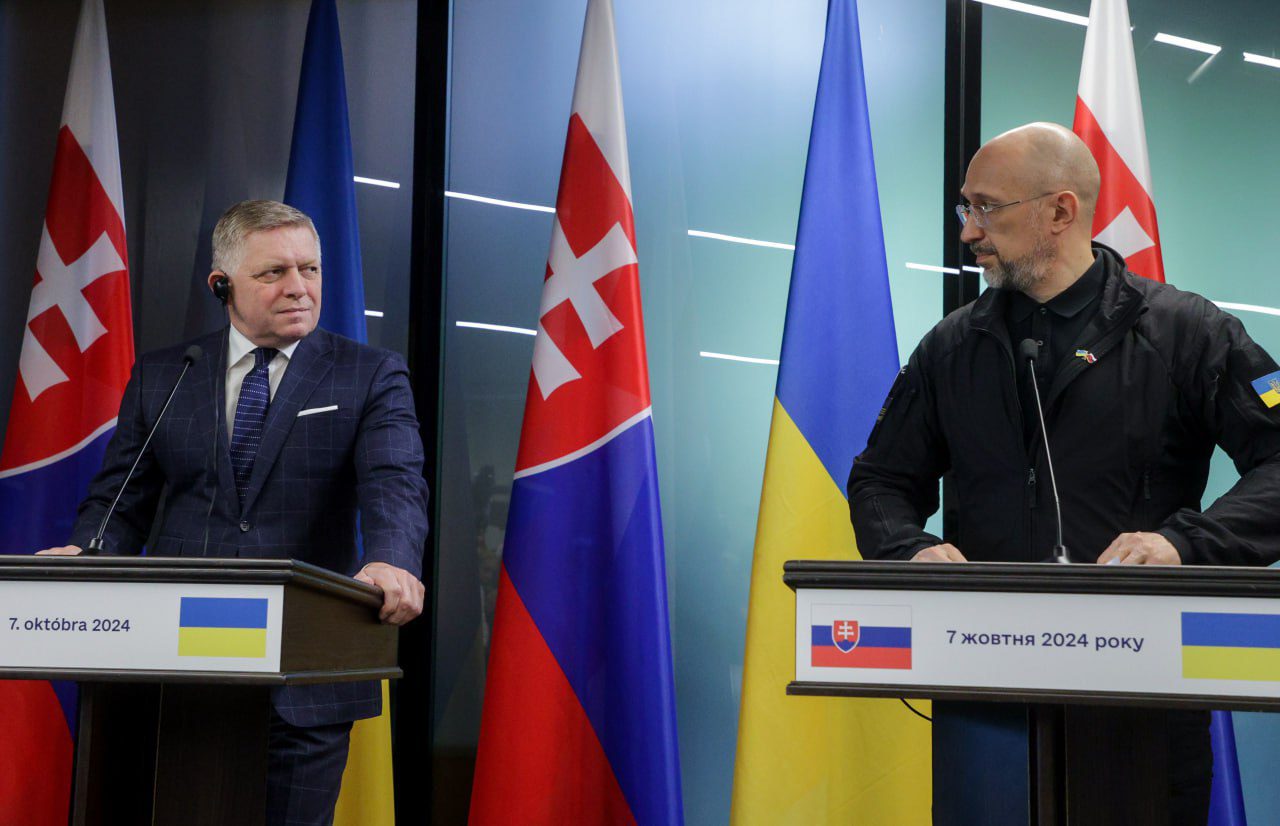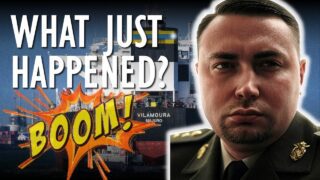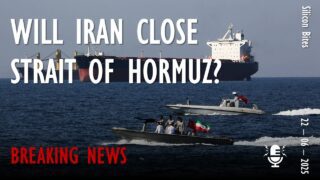
Ukraine to end Russian gas transit deal despite Slovak Prime Minister’s plea
Ukraine has declared it will not renew its gas transit agreement with Russia once the current deal expires, according to a statement made by Ukrainian Prime Minister Denys Shmyhal during a joint press conference with Slovak Prime Minister Robert Fico.
This decision aligns with Ukraine’s strategic goal to impose sanctions on Russian gas and deprive the Kremlin of hydrocarbon revenues used to finance the ongoing war. However, Slovakia is one of the countries dependent on the Ukrainian transit corridor for gas. An abrupt end to that arrangement could severely impact its energy stability and increase the cost burden on its economy and citizens
Shmyhal emphasized their country’s commitment to fulfilling obligations under the Association Agreement with the European Union and the Energy Charter Treaty while simultaneously calling on European nations to phase out Russian oil and gas imports completely.
However, he acknowledged the challenges this poses for countries heavily dependent on Russian energy, such as Slovakia and Hungary, expressing hope for gradual supply diversification.
Before the meeting, Fico had expressed his intention to persuade Ukraine to maintain Russian oil and gas transit to Europe through its territory.
In June, Ukraine intensified sanctions against Lukoil, one of the largest private oil companies in Russia, prohibiting the company from using Ukrainian territory as a transit route.
This decision has had immediate repercussions, with oil shipments to Slovakia and Hungary ceasing as of 18 July.
Despite the halt in Lukoil supplies, Slovakia’s Transpetrol confirmed that oil deliveries from other Russian suppliers were unaffected.
Both Hungary and Slovakia appealed to the European Commission, arguing that Ukraine’s decision violates its Association Agreement with the EU. However, the Financial Times reports that the Commission has rejected their request to intervene.
The dispute has escalated to include threats of retaliation. Slovak President Peter Pellegrini warned of potential “undefined countermeasures” in response to the ban, while Hungary has threatened to block a significant EU aid package to Ukraine if the ban is not lifted.
Related:










